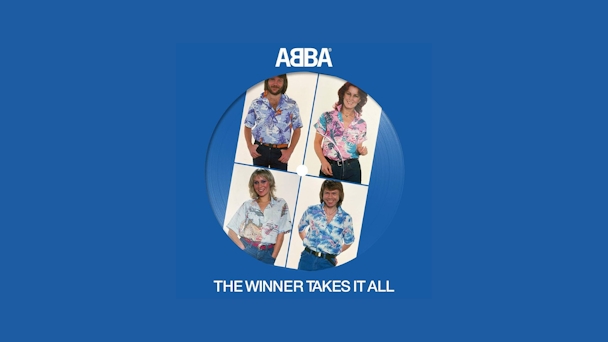Your brand playbook isn’t fit for this winner-takes-all world
“The winner takes it all, the loser standing small…” ABBA probably wasn’t singing about the marketing industry, but if they were, Quality Meats’s Joe Burns believes the lesson applies more today than ever.

This is a story about Sweden’s greatest musical export. And all those ubiquitous ‘playbooks’ that could be holding marketers back.
ABBA’s bittersweet 1980 ballad may be about heartbreak, but it also echoes today’s unforgiving market dynamics. Across categories, “winner takes all” seems to be the order of the day.
Market share is dominated by a select few
On Spotify, where there are over 100m songs, most streams go to a handful of mega-artists. And just four platforms – Meta, Google, Amazon, and Microsoft – capture half of all global media dollars. On social media, a small slice of influencers command most of the audience attention while countless others barely make an impact.
The story is the same in streaming, e-commerce, online learning, even on OnlyFans.
In a “winner takes all” world, a few players capture the vast majority of attention, revenue, and market value.
For marketers and brands, this dynamic means that the top brands don’t just win; they capture almost everything. Despite the endless options at consumers’ fingertips, for brands it’s the winners that take the lion’s share.
In response, many marketers are doubling down on best practices and playbooks, guidelines mined from the behaviors of brands that managed to beat the mean.
Why brands need to ditch the playbooks
ABBA didn’t sing ‘the top 25% of brands on the platform take it all,’ simply following a playbook or aiming to be in the top third isn’t good enough.
Best practices, those safe, well-worn paths, might keep brands in the game, but they won’t propel them to the top where most of the rewards lie. Today, the difference between the “best” and “the rest” is stark, and costly.
Brands that play it safe by replicating what’s worked before are not just risking mediocrity; they’re risking irrelevance – especially if they’re looking at who did it well, rather than how to do it best.
In a “winner takes all” world, consumers’ attention, loyalty, and dollars are increasingly concentrated in the hands of a few. When the stakes are this high, incremental improvements won’t cut it. Winning isn’t about benchmarking against averages or looking at what the top quintile of brands do. Winning now means setting the benchmark, being memorable, and staking out an original, bold position that others can’t replicate.
Be the exception, not the rule
To win is to go where others can’t, and failing that - where others simply haven’t. No playbook can take you there.
Brands should tap into unspoken truths, the things that we all feel, but no one else has yet codified into a playbook. It’s just as important to be a little bit dumb now and again too, dumb in a smart way – intuition and reason can guide you to places that the aggregated data can’t see.
Want proof? Take the digital giants that often author the best practice guides that many brands follow. Did they get to where they are by playing by the rules or adhering to a playbook defined by the categories they disrupted?
Certainly not.
They created new standards and redefined consumer expectations entirely. Brands that want to capture their share of attention, loyalty and consumer spending have to be just as singular.
In a market where only the top dogs truly thrive, brands must strive to stand apart, not just from direct competitors but from anything familiar. To succeed in today’s winner-takes-all economy, brands need more than formulas and aggregated data; they need to be the exception, not the rule.
And to do that, well – you’ve gotta take a chance.
Joe Burns is the strategy lead at the creative agency Quality Meats, where he offers strategic cold cuts in a world of lukewarm hot takes. Joe’s worked on projects for brands including KFC, Heineken, Puma, Meta, Google, Samsung, and TikTok that have picked up accolades ranging from Cannes Lions and D&AD Pencils, through to Effies, APG, and Marketing Society awards.
